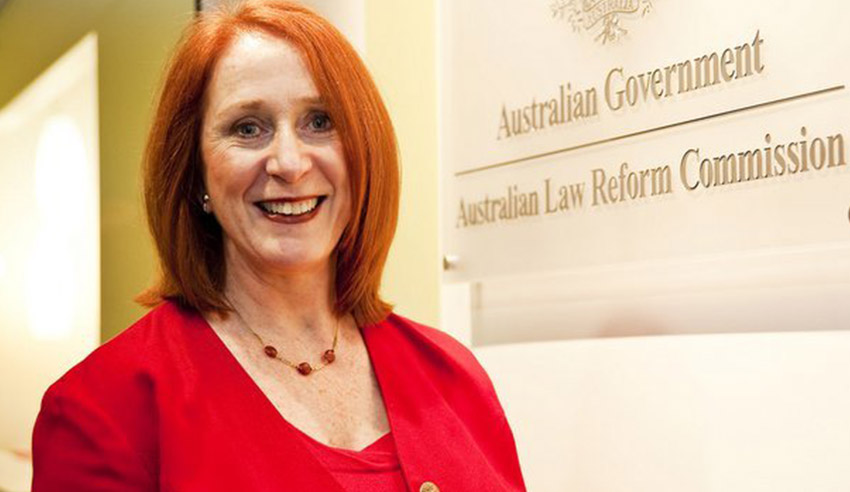Australians have been exposed to “potentially unnecessary” breaches on their basic human rights during COVID-19 measures because of a lack of scrutiny and accountability, the nation’s human rights chief has stated.

In a speech to the Senate estimates, Australian Human Rights Commission (AHRC) president Professor Rosalind Croucher AM warned all governments could be at fault on basic freedoms including the right for parents and children to be reunited by entering or leaving the country.
“I am concerned at the lack of transparency in explaining the continued justification for some emergency measures, and even for identifying precisely which level of government is responsible for some of them,” she said.
“Australians have been, and continue to be, exposed to potentially unnecessary restrictions of their rights and freedoms, because of the lack of transparency and accountability.”
Professor Croucher said the AHRC has received complaints under the discrimination and human rights jurisdictions relating to the pandemic were initially significantly focused on experiences of racism.
Since then, the focus has been on human rights breaches, and race and disability discrimination. Between January 2020 to October 2020, it has received 316 complaints and 1,200 COVID-related written inquiries.
On the public debate about the tension between protecting public health and protecting human rights, Professor Croucher said if these measures are to restrict other human rights, then they must meet clearly defined tests set out in international law: being necessary to protect public health, and proportionate to meet that goal, with the least restrictive measures to do so.
“What was appropriate in the circumstances of three months ago, may not be so justified in the circumstances of today,” she said.
Professor Croucher said that as with other scrutiny measures at the federal level – such as the parliamentary joint committee on human rights – the Australian Human Rights Commission is limited by statute to scrutinising federal enactments and proposed enactments.
“Why have we not formally examined the public health orders imposing restrictions in Victoria or border closures in other states? Because we do not have the legislative mandate to do so,” she said.
“This pandemic has been unusual in that many decisions have been made collegially by governments, at the National Cabinet, and the responsibility for implementation has then been disbursed among other layers of government.
“The use of legislative instruments means there is not the same level of independent scrutiny as regular legislation. Much of the scrutiny comes after the fact.
“The checks and balances that ordinarily exist are integral to our democracy. Australians have been, and continue to be, exposed to potentially unnecessary restrictions of their rights and freedoms, because of the lack of transparency and accountability.”
Professor Croucher also said the Australian government may not be meeting article 10 of the Convention on the Rights of the Child because they could not reunite parents and children in an “expeditious manner” into and out of the country.
The warning comes as Prime Minister Scott Morrison convened a national cabinet meeting last Friday on increasing the freedom of movement and allow more international flights to state capitals.
Professor Crouch noted the states were responsible for allowing passengers to land at their airports, with implications for the repatriation of citizens.
“The complexity of our federal system also makes it difficult to ensure appropriate scrutiny of these measures,” she said.
“For example, who is responsible to assist Australians to be repatriated to Australia? It would seem it is a federal obligation, and something where consular assistance would be necessary. But it is the role of states to determine how many passengers can arrive in each state or territory.”